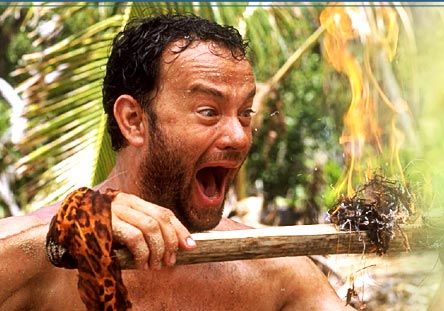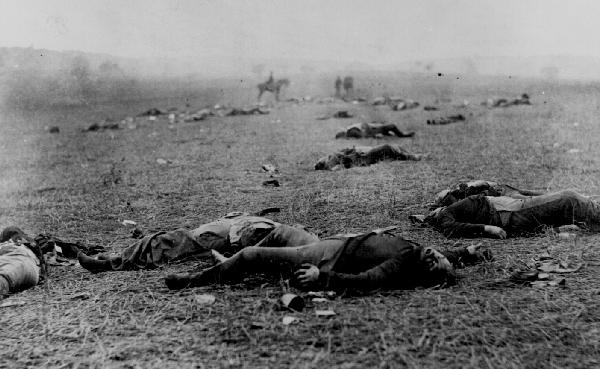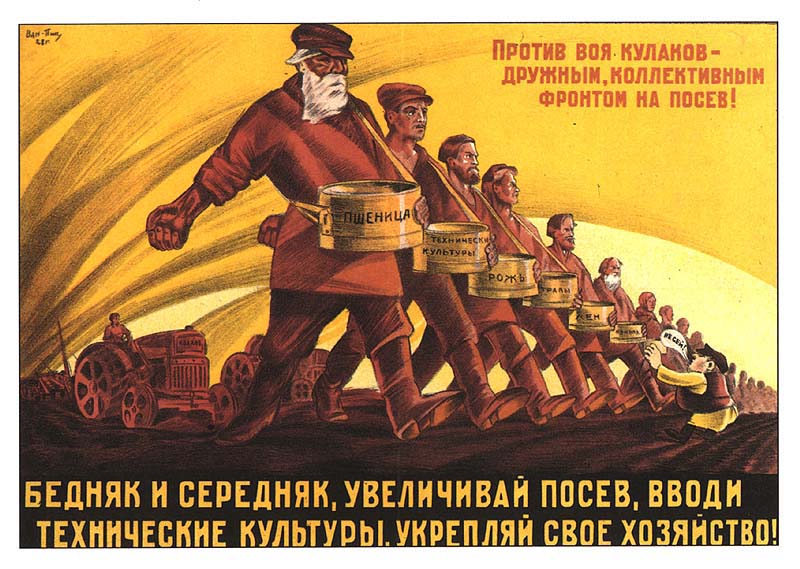
(who da boss?)
Dina de'malkhuta dina in our times, when there is no king but rather what is called democracy, needs further clarification. As I already explained the position cited in the name of Rivash quoting Rashba, one does not accept dina de'malkhuta dina except where the law originates with the king. But in a case where the law originates in courts, and the judges have discretion to rule as they think proper, or to invent new laws as they see proper, there is no dina d'malkhuta dina, as there is no law of the king. [...]
This is even more true since we have here [in the United States] an institution called a "jury" where the government takes drunks from the market who have never studied law and who establish the law based on a majority vote. Indeed, even the government sometimes creates law, and the Supreme Court contradicts it. Certainly in such a system there is no dina de'malkhuta dina according to Rivash and Rashba.
— R. Menashe Klein, Mishnah Halakhot 6:277I wanted to re-iterate the final point of the previous post.
Halacha was decided in the times when the kings held absolute power. The kings owned all the land under their control and could acquire their subjects (and those of others) as slaves if they so wished. I still don't know why, but Halacha grants them such power — the act of kibush milchama (conquest by war) creates a kinyan on the conquered property.
Over time, the kings' subjects demanded to be freed from slavery and that kings should be governed by the rule of law themselves. Signing of Magna Carta is a famous example of such transition. Note that if you look at the signing from libertarian point of view, it is the kings recognizing their subjects' rights. But from strictly Halachic point of view, it's the landlords sharing their property with the tenants (and/or freeing the slaves).
In some countries, the kings were eventually deposed. That act by itself may have been an act of robbery according to Halacha. Of course, if you read into Alter Rebbe's wording, the way that each king acquired his land and his kingship was also robbery, a simple example of kinyan gezeila (source):
וכן אם נכרי בעל הקרקע שנותן רשות לישראל לקצוץ הוא מחזיק קרקע זו מיד המלך שנתנה לו אע"פ שהמלך עצמו כבש קרקע זו במלחמה מיד אחר אין זה גזל שהקרקע נקנית להגזלן בכיבוש מלחמה קנין גמור כמו שלמדו חכמים ממדרש הפסוקים
Note, besides the language characterizing the king, the source: "as the Chazal learned from the psukim". We don't have really clear explanation here how the kinyan works and why it works the way it does. But the simple idea is that the king's law is the law because he owns all the land, and we must listen to him. Again, I have found no indication that Alter Rebbe believes that the king has these powers because he represents the society. Alter Rebbe simply states that the king acquires whatever "the strength of his arm reaches".[...] וכל זה בחוץ לארץ
Anyway, as I was saying, with time the kings were either deposed or forced to share their property with everyone else. It's interesting to note that Russian Tzar until the end resisted this move, insisting on his right to autocracy:
Despite a visit to Great Britain before his accession, where he observed the House of Commons in debate and seemed impressed by the machinery of democracy, Nicholas turned his back on any notion of giving away any power to elected representatives in Russia. Shortly after he came to the throne, a deputation of peasants and workers from various towns' local assemblies (zemstvos) came to the Winter Palace proposing court reforms, such as the adoption of a constitutional monarchy, and reform that would improve the political and social life of the peasantry.
Although the addresses they had sent in beforehand were couched in mild and loyal terms, Nicholas was angry and ignored advice from an Imperial Family Council by saying to them:
"... it has come to my knowledge that during the last months there have been heard in some assemblies of the zemstvos the voices of those who have indulged in a senseless dream that the zemstvos be called upon to participate in the government of the country. I want everyone to know that I will devote all my strength to maintain, for the good of the whole nation, the principle of absolute autocracy, as firmly and as strongly as did my late lamented father."According to the way Judaism views the monarchy and its relationship with the land and the people, the Tzar was merely defending his rights to manage his property without his slaves' advice or participation. We all know how it ended.
Whether or not deposing the Tzar was against Halacha (murdering him and his family seemingly was, although I feel no sympathy to the person who has personally ordered numerous pogroms against Jews of his country), whether or not rebelling against George III, signing of Magna Carta, deposing James II and severely limiting the powers of William III after the Glorious Revolution (and further reduction of the power of the Crown), recent secession of Canada from the Commonwealth, and other acts cancelling monarchy's power were against Halacha, the fact is that in all modern Western societies, the government does not have absolute power. It does not own the land, and the people are not the government's slaves. The Queen of England is a symbol; the "might of her arm" extends perhaps as far as her corgis, but not much farther.
After millenia of being conquered by the kings, the people finally conquered their masters and thus became sovereigns themselves, making kinyan each on his own property. In the American Constitution and framework of society, the people's sovereignty is very clear and explicit. In most other countries of the West (not in Russia, however), it is at least implicit.
Therefore, I think that whenever people quote opinions of Rambam and other poskim verbatim, without trying to figure out to what extent they apply, they are assuming that we still live in the Middle Ages. I think we need to come to terms with the fact that "nature changed" not only in medicine, but in the society as well, and re-examine which halachos apply and how.
Despite the lamentable fact that Rabbi Menashe Klein was clearly disdainful of the common law, as evidenced from the quote above, his halachic analysis seems to agree with my argument above. Also, while he unfortunately doesn't understand fully how the trial by peers works, he is right about one thing: the government is not the sovereign! Its law is not final. Supreme Court can nullify the laws; the juries consisting of "market drunks" can nullify the laws; the states can nullify the laws, and even local towns can nullify laws.
But we don't even need to go that far. In the British Empire, dina demalchusa has ended in 1689 with signing of the Bill of Rights (just read the provisions to see that the "drunk from the market" presiding in the jury is nothing comparing to the new limitations set on the British monarch).
This is not just a game of words: the Queen literally has no political power. She sits on her throne only at the grace of the Parliament which is controlled by the taxpayers. So, even though it's called "monarchy" and the Queen is called a sovereign, it's really not that different from USA, where "the government sometimes creates law, and the Supreme Court contradicts it". In UK, the Queen may not create any laws at all.
In other words, dina demalchusa is dead in the Western world.


















